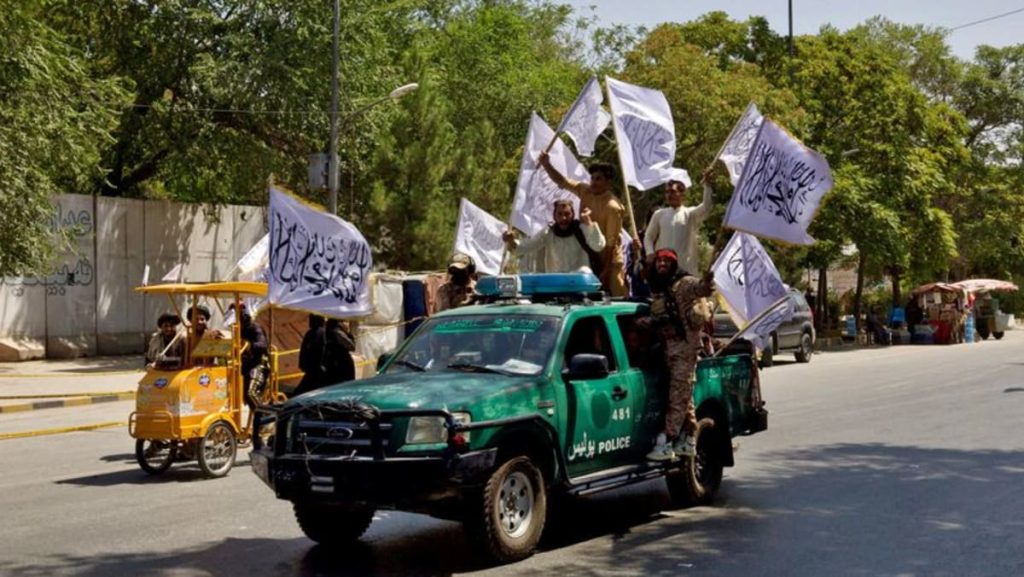The International Criminal Court (ICC) has initiated proceedings against two high-ranking Taliban leaders, Supreme Spiritual Leader Haibatullah Akhundzada and Chief Justice Abdul Hakim Haqqani, for alleged crimes against humanity. The charges stem from the Taliban’s systematic persecution of women and girls in Afghanistan, which has intensified since their return to power in August 2021. ICC Prosecutor Karim Khan asserts that the evidence gathered provides reasonable grounds to believe that both Akhundzada and Haqqani bear criminal responsibility for the widespread discrimination and oppression targeting women and girls, as well as individuals perceived to be allies or supporters of their rights.
The prosecutor’s application for arrest warrants details the ongoing persecution faced by Afghan women and girls, encompassing restrictions on education, employment, and overall autonomy. The Taliban’s actions, which are being investigated as crimes against humanity under the Rome Statute, the ICC’s founding treaty, represent a grave violation of international law and fundamental human rights. The persecution is characterized by a deliberate and systematic campaign to marginalize and suppress women and girls, denying them their basic human rights and freedoms. This persecution, according to the prosecutor, is fueled by the Taliban’s interpretation of Islamic sharia law, which they have used to justify a range of oppressive measures.
The ICC’s investigation into these allegations focuses on the period from August 15, 2021, to the present day. This period marks the Taliban’s resurgence and the subsequent imposition of their restrictive policies. The prosecutor emphasizes that the alleged crimes are ongoing, highlighting the urgency of the situation. The Taliban’s actions have sparked international condemnation and raised serious concerns about the future of women’s rights in Afghanistan. The ICC’s intervention signals a determination to hold those responsible accountable for these violations.
The ICC prosecutor’s office contends that the Taliban’s interpretation of Islamic law cannot be used to justify actions that violate fundamental human rights. They argue that the Taliban’s actions constitute persecution based on gender, a crime against humanity under international law. The legal arguments put forth by the prosecution highlight the incompatibility of the Taliban’s practices with international norms and standards. The targeting of women and girls is seen as a deliberate policy of discrimination, aimed at controlling and subordinating them within Afghan society.
The case now rests with a three-judge panel at the ICC, which will review the evidence and determine whether to issue the requested arrest warrants. While there is no set timeframe for this decision, such procedures typically take around three months. If the warrants are issued, it will mark a significant step towards holding the Taliban leadership accountable for their actions. However, the practical challenges of enforcing these warrants in Afghanistan remain substantial, given the Taliban’s control over the country and their unwillingness to cooperate with international legal processes.
The investigation into alleged crimes in Afghanistan represents one of the ICC’s longest-running probes, plagued by legal and logistical hurdles. Initial inquiries began in 2007, but a full-scale investigation only commenced in 2022. The complexity of the situation in Afghanistan, coupled with the Taliban’s resistance to external scrutiny, has made the investigation particularly challenging. The ICC’s persistence in pursuing this case, despite the difficulties, underscores its commitment to ensuring accountability for grave human rights violations, regardless of the political context. The outcome of this case will have significant implications for the future of international justice and the protection of women’s rights in conflict zones.

